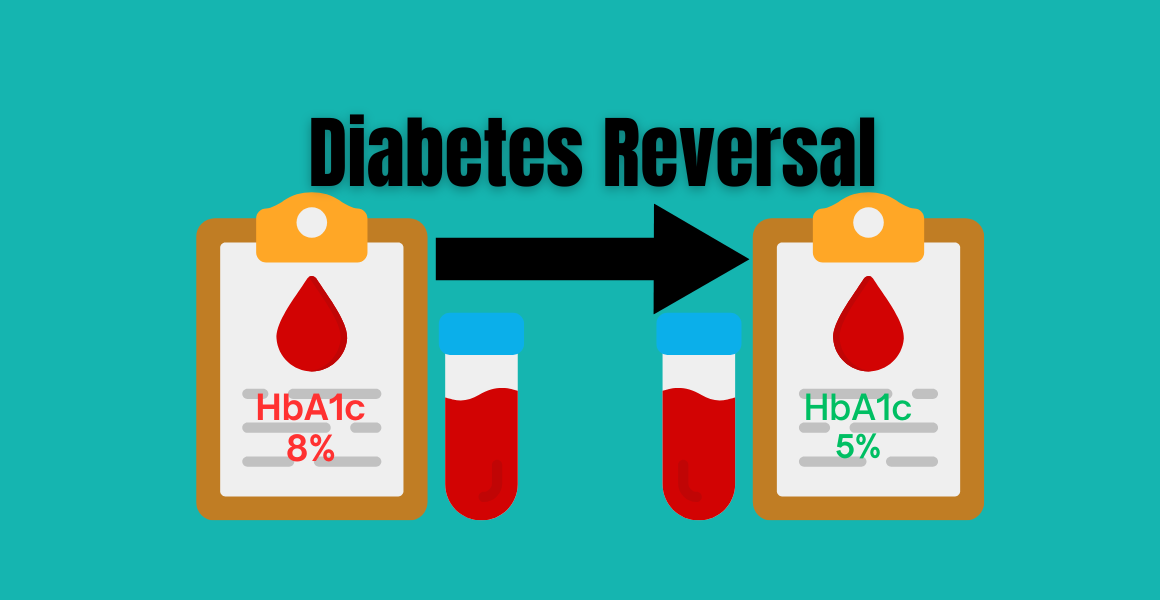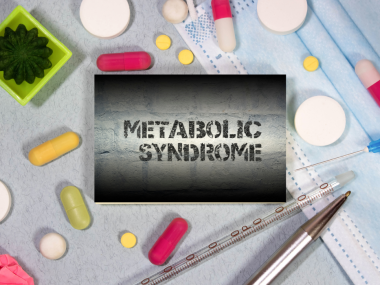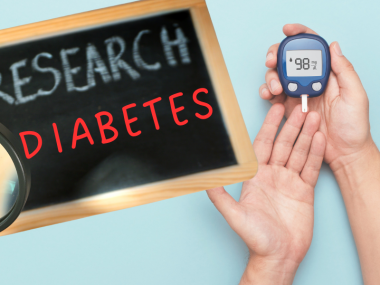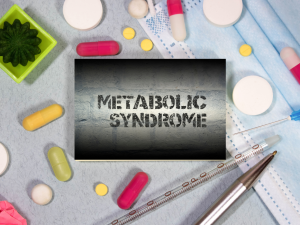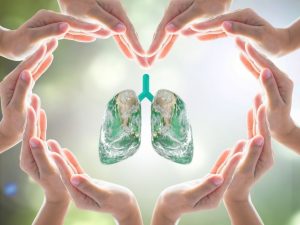It was not that I woke up one Monday morning, came across the word diabetes reversal, and bowed to the idea. No scientist could or should. Four years ago, I had not even heard of diabetes reversal. Now, when I see ten or 11-year-old YouTube videos on the reversal of diabetes, I ask myself again and again, where have I been? Why didn’t I look into this metabolic theory earlier? After being acquainted with diabetes reversal, it took me a while to fully embrace the concept. And lo and behold, now I am one of the biggest whistleblowers of diabetes reversal. In the last 12 months, we have reversed the diabetes of hundreds of patients, and roughly the same number of patients have reversed their diabetes on their own by just following the guidelines on a healthy lifestyle, a crucial part of all my YouTube channel “Kidneyblogs by Dr. Awais Zaka.”
This experience has allowed us to look at patients, their lifestyle in general, and their diabetes in particular from an entirely new perspective. This work has given us insights into our patients’ behavior toward their health, disease, and management.
Before sharing our experience, I want to clarify some concepts.
First, even though the most popular term for recovery from diabetes is diabetes reversal, the most appropriate term, as far as our experience goes, should be diabetes remission, for patients’ sugar levels start leaping back toward the diabetic range soon after dropping the lifestyle modifications. This relapse bespeaks the fact that type 2 diabetes—usually considered to arise from a mix of decreased insulin production and increased insulin resistance—harbors many more unsolved mysteries.
Second, our approach is holistic, focusing on the whole body’s health, not just the blood sugar. We aim for patients to adopt all the healthy habits—exercise, sleep, healthy diet, stress management, and social health. This holistic approach reverses not only diabetes; it also lowers blood pressure, causes weight loss, improves mood, alleviates stress, and brings an overall feeling of well-being.
Note: All this information is about diabetes Mellitus type 2, a type of diabetes resulting predominantly from insulin resistance, as opposed to type 1 diabetes, which results exclusively from lack of insulin.
After reviewing our 300 cases, a chart analysis as well as patient interviews, we have concluded that these four factors account for the success of failure of a diabetic patient’s journey toward reversal.
Diet
As much as I hate to simplify diabetes as a dietary disease, as some simpletons do, yet diet plays an overwhelmingly important role in the reversal of diabetes. Just as they say that you cannot outrun bad food, diabetic patients cannot walk back from diabetes unless they first remove the big blocks of bad food and food habits on their reversal journey. Among foods, the main culprit is refined carbohydrates: bread, rice, and pasta made of highly refined grains. Unfortunately, this macronutrient forms the bulk of our daily meals—bread or paratha for breakfast, chapati for lunch, chapati or rice for dinner—and has assumed, in popular opinion, the role of healthy and nutritious food. Moreover, these foods have become psychologically tied to palatal and mental satisfaction.
Cutting down refined carbohydrates to one meal per day can do miracles. And that is just what our patients do. Protein for breakfast, fresh vegetables for lunch, and traditional food (chapati or rice with curry). This routine, however, weighs heavy on some souls, particularly those who believe their refined carbohydrates to be the primary source of strength and nutrition. These are the individuals who are highly unlikely to achieve complete remission of their diabetes.
Exercise
Exercise, as simple as a walk, is an outlandish entity in the popular imagination, reserved for high achievers, the rich, or the convalescing sick. Nevertheless, Pakistani patients’ disdain for exercise is not as severe as that for a healthy diet. Even those who have never done any healthy activity hurriedly agree to do so in order to reverse their diabetes. Most of them hit a thirty-minute mark within a week. Only a few join the gym or aim for weight training.
For diabetes reversal, walk seems to be enough for both weight loss as well as reversal of insulin resistance and metabolic disturbance. In fact, out of our roughly 300 diabetic patients who have successfully reversed their diabetes, only 2 or 3 have either joined a gym or engaged in more rigorous exercise.
Sleep
Many consider sleep a necessary recharge or a resting phase of our daily life, inevitable just like recharging the battery of our phones. Far from the truth. But there is more to sleep than rest. Sleep repairs the body down to the cellular level, regulates numerous hormonal axes, restores metabolic clogs, mops the mind, and burns fat.
In short, the right amount of quality sleep contains the most elements to maximize your metabolic health, particularly if coupled with a healthy diet and regular exercise. While sleep appears to many as an inert phase of our daily life, a traditional way to end our day, for we have been doing it for millions of years, yet, metabolically speaking, science views sleep as a climax, a point where food, physical activity, and mindset converge to recharge, restore—and heal.
Mental Health and Social Health
In Pakistan, at large, the area of mental health remains absolutely abandoned. We, too, do not have much to offer our patients besides the reassurance that we have their back. Surprisingly, with this support, when they steer their life toward a healthy diet, exercise, and sleep, their mental health turns around, feeling more in control of life in general, and they have a better handle on their disease in particular, as if they have found the missing piece of the puzzle. Put it in another way, their physical health improves their mental and social health.
Our Failures
Like all things in life, we did have some failures. Not all patients achieve remission. A few fail. For most patients, failure stems mainly from their inability to apply a rigorous diet and exercise regimen, two of the five pillars of a healthy lifestyle, the quality and quantity of which can easily be measured. A few fail to achieve remission despite embracing the healthiest lifestyle, suggesting our limited understanding of the nature of the disease. However, we view these failures as challenges, and we believe that with more effort and future research, medical science would be able to overcome these ineffable obstacles, allowing us to improve our diabetes reversal toolkit.

